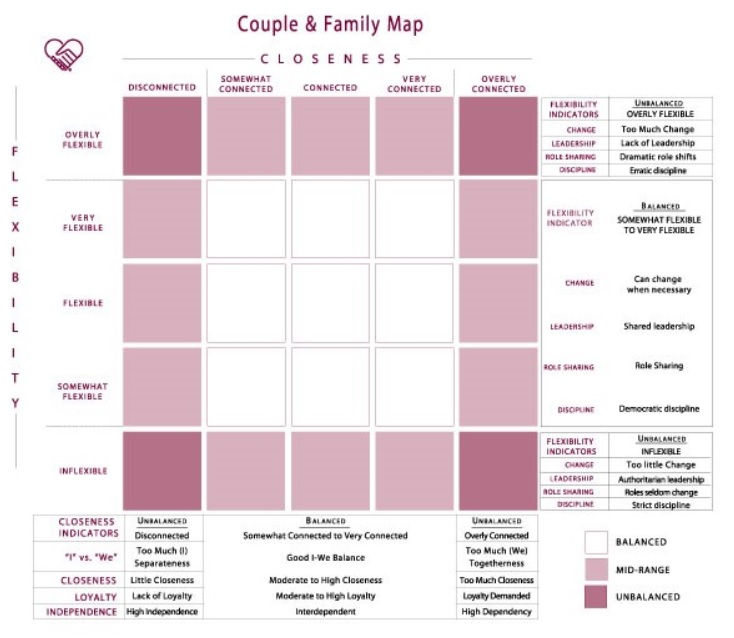Psychology and Christianity
- rogerlinpsyd
- Nov 21, 2025
- 3 min read
There are three main views of how psychology and Christianity intersect: Levels of Explanation, Integrationists, and Biblical Counseling. Each of these views have their own academic programs, training, certification/licensing, publications/literature, conferences, and professional organizations.
LEVELS OF EXPLANATION VIEW
David Myers, Malcolm Jeeves, and many Christian psychologists
- Psychology and Christianity study different levels of reality.
- Scripture explains ultimate meaning, morality, and relationship with God.
- Psychology explains natural, cognitive, emotional, and behavioral processes.
- They do not contradict each other because they deal with different domains of truth, similar to an engineer and a musician describing the same instrument differently.
- Psychology answers “how”; Scripture answers “why.”
- General Revelation: God reveals truth in creation. Psalm 19:1–4; Romans 1:19–20
- Common grace: all people can discover truth, even outside the church Matthew 5:45; Titus 3:3–5
- Dual callings: God uses multiple disciplines to bless humanity
Exodus 31:1–6: Bezalel empowered with artistic skill
James 1:17: “every good and perfect gift”
Strengths
Affirms that psychology can discover real, valuable, God-given insights.
Reduces unnecessary conflict between science and faith.
Encourages Christians to practice psychology professionally and ethically.
Allows empirical research to stand on its own terms.
Weaknesses
Can create a sharp split between spiritual and psychological life.
Insufficiently critical of secular assumptions embedded in psychology.
May reduce Scripture’s relevance in shaping how we understand the human person.
Can lead to a “parallel tracks” model where the two fields rarely interact.
INTEGRATIONIST VIEW
Gary Collins, Mark McMinn, Eric Johnson
- All truth is God’s truth.
- Psychology and Christian theology should be brought into intentional dialogue.
- Scripture is authoritative, but psychological research provides tools, methods, and descriptive insights about human behavior and mental health.
- The Bible gives the worldview; psychology gives the description.
- Wisdom is found through many counselors. Proverbs 11:14; 15:22
- Testing everything, holding fast to what is good. 1 Thessalonians 5:21
- All truth belongs to God. John 1:1–3; Colossians 1:16–17- Integration of spiritual and practical wisdom. James 1:5, Proverbs 20:5
- Theological framework:
Doctrine of Creation → psychology studies God’s world
Doctrine of Scripture → provides worldview and moral norms
Doctrine of the Fall → human reasoning is limited but not useless
Doctrine of Redemption → therapy is part of God’s healing work
Strengths
Holistic: treats people as spiritual, emotional, physical beings.
Allows Christian psychologists to benefit from research without abandoning theology.
More faithful to the complexity of the human person.
Encourages humility, recognizing both fields’ limitations.
Provides practical tools for treating trauma, anxiety, depression.
Weaknesses
Integration can be messy and subjective.
Risk of psychology overshadowing Scripture if not careful.
Difficult to maintain a consistent Christian worldview across secular theories.
Can be theologically thin.
BIBLICAL COUNSELING VIEW
Jay Adams, David Powlison, Paul Tripp, CCEF movement
- Scripture is sufficient for counseling matters involving sin, suffering, motives, heart issues, identity, relationships, and meaning.
- Secular psychology is often built on unbiblical anthropology.
- Primary human problems are sin, suffering, idolatry, and the heart.
- Real change occurs through the gospel, repentance, discipleship, and sanctification.
- The Bible is the primary counseling textbook because God knows the human heart.
- They may use descriptive insights from psychology (sleep, nutrition, trauma effects), but interpretive categories come from Scripture.
- Sufficiency of Scripture: 2 Timothy 3:16–17; Psalm 19:7–11
- The centrality of the heart: Proverbs 4:23; Jeremiah 17:9; Matthew 15:19
- Sanctification and transformation: Romans 12:1–2; Galatians 5:16–25
- Counseling one another: Romans 15:14; Colossians 3:16
- Comfort in suffering: 2 Corinthians 1:3–7
Strengths
Robustly biblical: does not compromise theological fidelity.
Takes sin, repentance, and sanctification seriously.
Christ-centered and deeply connected to the gospel.
Focuses on long-term spiritual transformation, not just symptom reduction.
Strong in areas of marriage counseling, discipleship, and pastoral care.
Weaknesses
Can dismiss or undervalue valuable psychological research, especially regarding trauma, neurobiology, attachment, chronic mental illness.
May overspiritualize issues with biological or psychiatric components.
Not always equipped to handle severe mental illness (psychosis, bipolar disorder).
Sometimes perceived as overly confrontational (especially in early Jay Adams models).
Risk of viewing all problems primarily as sin issues, neglecting suffering aspects.
View | Core Idea | Biblical Themes | Strengths | Weaknesses |
Levels of Explanation | Psychology and faith address different levels; minimal overlap | General revelation, common grace | Clear distinctions, avoids conflict, values science | Can create dualism; less Scripture shaping psychology |
Integrationist | Intentional dialogue between theology and psychology | All truth is God’s truth; wisdom literature | Holistic, balanced, practical | Integration can be subjective; theology can be diluted |
Biblical Counseling | Scripture is sufficient for heart, sin, suffering, and change | Sufficiency of Scripture, sanctification | Deeply biblical, gospel-centered, transformative | Can underplay biology; limited in severe clinical cases |

Comments